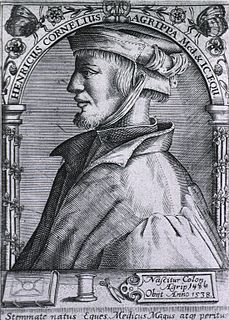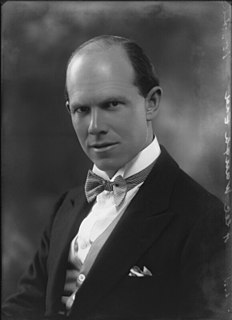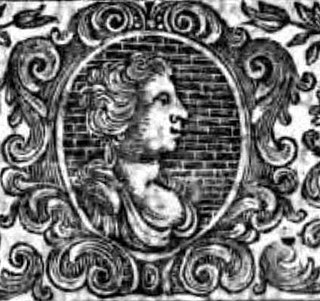A Quote by Marquis de Sade
All, all is theft, all is unceasing and rigorous competition in nature; the desire to make off with the substance of others is the foremost - the most legitimate - passion nature has bred into us and, without doubt, the most agreeable one.
Related Quotes
But if men would give heed to the nature of substance they would doubt less concerning the Proposition that Existence appertains to the nature of substance: rather they would reckon it an axiom above all others, and hold it among common opinions. For then by substance they would understand that which is in itself, and through itself is conceived, or rather that whose knowledge does not depend on the knowledge of any other thing.
Magic is a faculty of wonderful virtue, full of most high mysteries, containing the most profound contemplation of most secret things, together with the nature, power, quality, substance and virtues thereof, as also the knowledge of whole Nature, and it doth instruct us concerning the differing and agreement of things amongst themselves, whence it produceth its wonderful effects, by uniting the virtues of things through the application of them one to the other.
The theory of Reincarnation, which originated in India, has been welcomed in other countries. Without doubt, it is one of the most sensible and satisfying of all religions that mankind has conceived. This, like the others, comes from the best qualities of human nature, even if in this, as in the others, its adherents sometimes fail to carry out the principles in their lives.
Men that are free, well-born, well-bred, and conversant in honest companies, have naturally an instinct and spur that prompteth them unto virtuous actions, and withdraws them from vice, which is called honour. Those same men, when by base subjection and constraint they are brought under and kept down, turn aside from that noble disposition, by which they formerly were inclined to virtue, to shake off and break that bond of servitude, wherein they are so tyrannously enslaved; for it is agreeable with the nature of man to long after things forbidden, and to desire what is denied us.
Doubt is not a pleasant condition, but certainty is an absurd one. What is most repellent in the System of Nature - after the recipe for making eels from flour - is the audacity with which it decides that there is no God, without even having tried the impossibility. If God did not exist, he would have to be invented." But all nature cries aloud that he does exist: that there is a supreme intelligence, an immense power, an admirable order, and everything teaches us our own dependence on it.
They that examine into the Nature of Man, abstract from Art and Education, may observe, that what renders him a Sociable Animal, consists not in his desire of Company, Good-nature, Pity, Affability, and other Graces of a fair Outside; but that his vilest and most hateful Qualities are the most necessary Accomplishments to fit him for the largest, and, according to the World, the happiest and most flourishing Societies.
To the love of pleasure we may therefore ascribe most of the agreeable, to the love of action we may attribute most of the useful and respectable, qualifications. The character in which both the one and the other should be united and harmonised would seem to constitute the most perfect idea of human nature.
If children have an interest in nature, they will understand. I want them to become people who appreciate the consequences the next generation will suffer if we destroy our natural surroundings. So without a doubt, they need to learn that nature is vital to us by experiencing it. I want them to like nature and to climb mountains and so on.




































